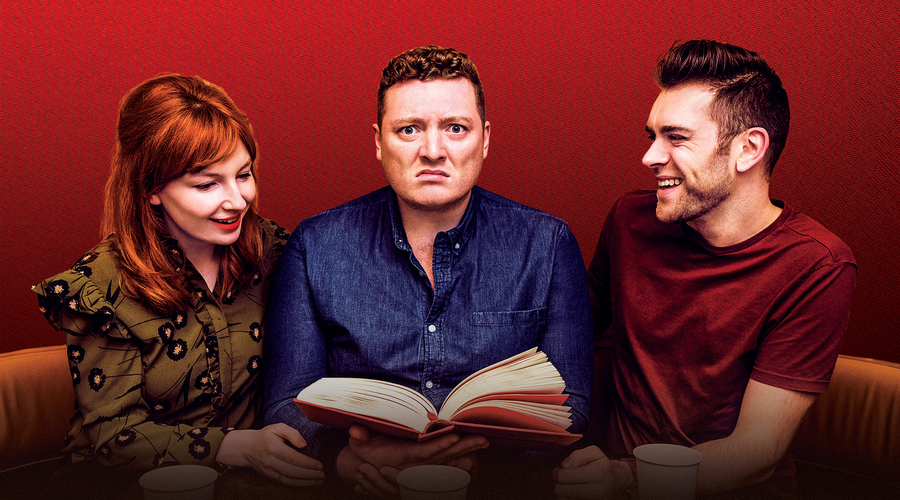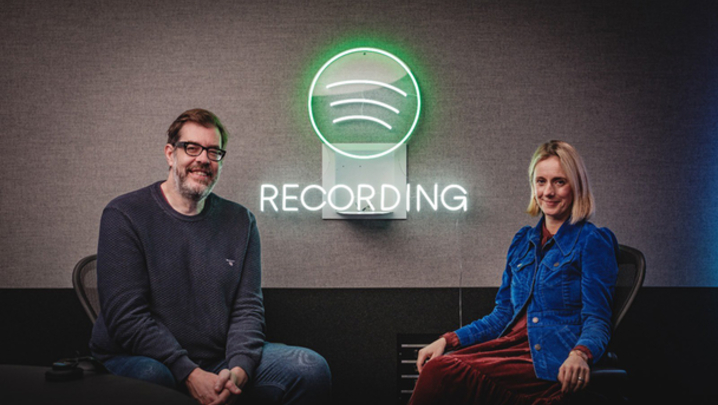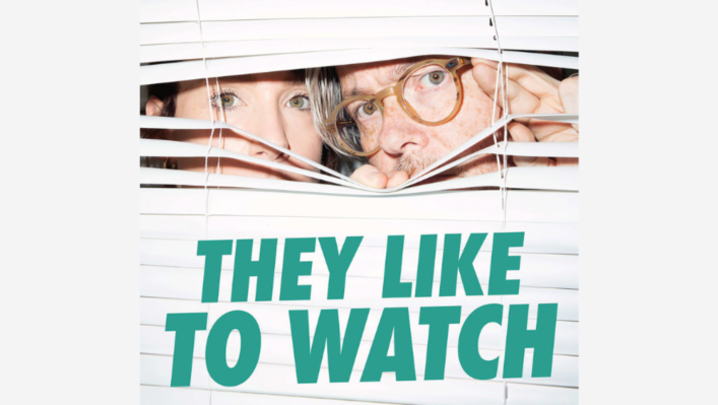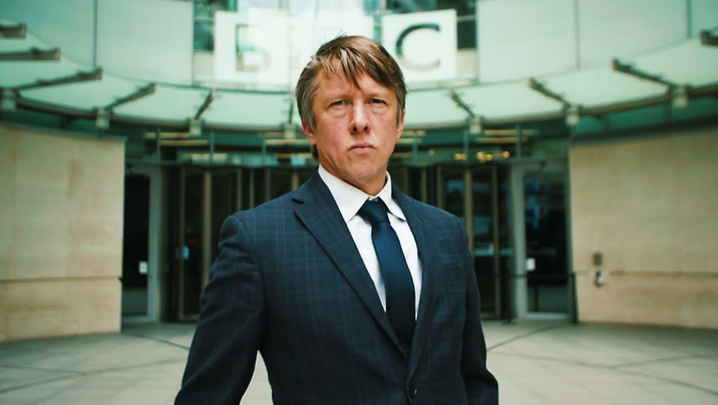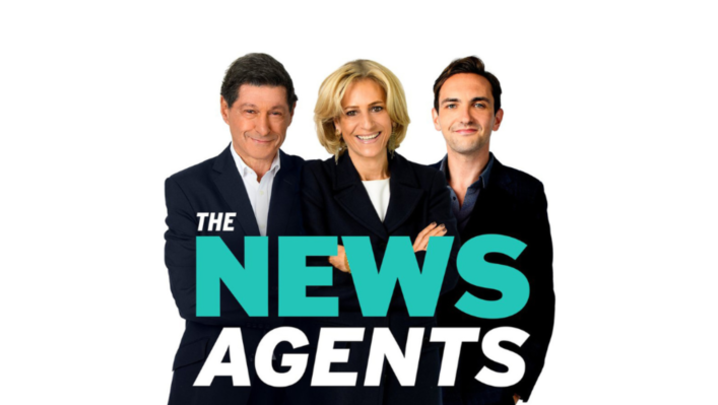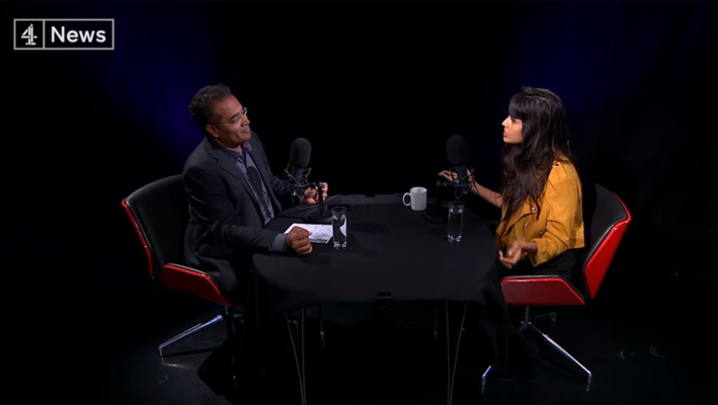Tara Conlan charts the rise and rise of the audio format.
When BBC journalists Jon Sopel and Emily Maitlis announced they were following in the footsteps of Andrew Marr to join LBC and Classic FM owner Global and make a podcast, it left many people asking why – and wondering whether we have reached “peak podcast”.
According to the most recent figures from Enders Analysis, podcast listening has almost doubled over the past four years – in an average week, just over 17% of the UK population listen to a podcast.
Spotify has overtaken Apple in the UK as the largest provider, with around a 42% reach compared with 29% for Apple. A couple of years ago, Spotify made the strategic decision to diversify beyond music into spoken content; its biggest star, the controversial Joe Rogan, now pulls in around 11 million listeners globally per episode.
YouTube and BBC Sounds are just behind – YouTube is more popular with the under-35s, while Sounds reaches more over-35s – followed by Amazon Music, which upped its ante by acquiring the independent podcast network Wondery in December 2020.
Audio storytelling is becoming big business, with advertisers realising the potential of allying themselves with exclusive talent to target young, affluent listeners. PwC estimates that podcast advertising expenditure will reach almost £75m in the UK in 2024.
TV is increasingly hoovering up podcasts, attracted by their proven IP and fan base: Chris and Rosie Ramsey have landed a BBC chat show drawing on their Shagged, Married, Annoyed podcast; and Amazon turned Gimlet Media’s thriller Homecoming into a drama starring Julia Roberts.
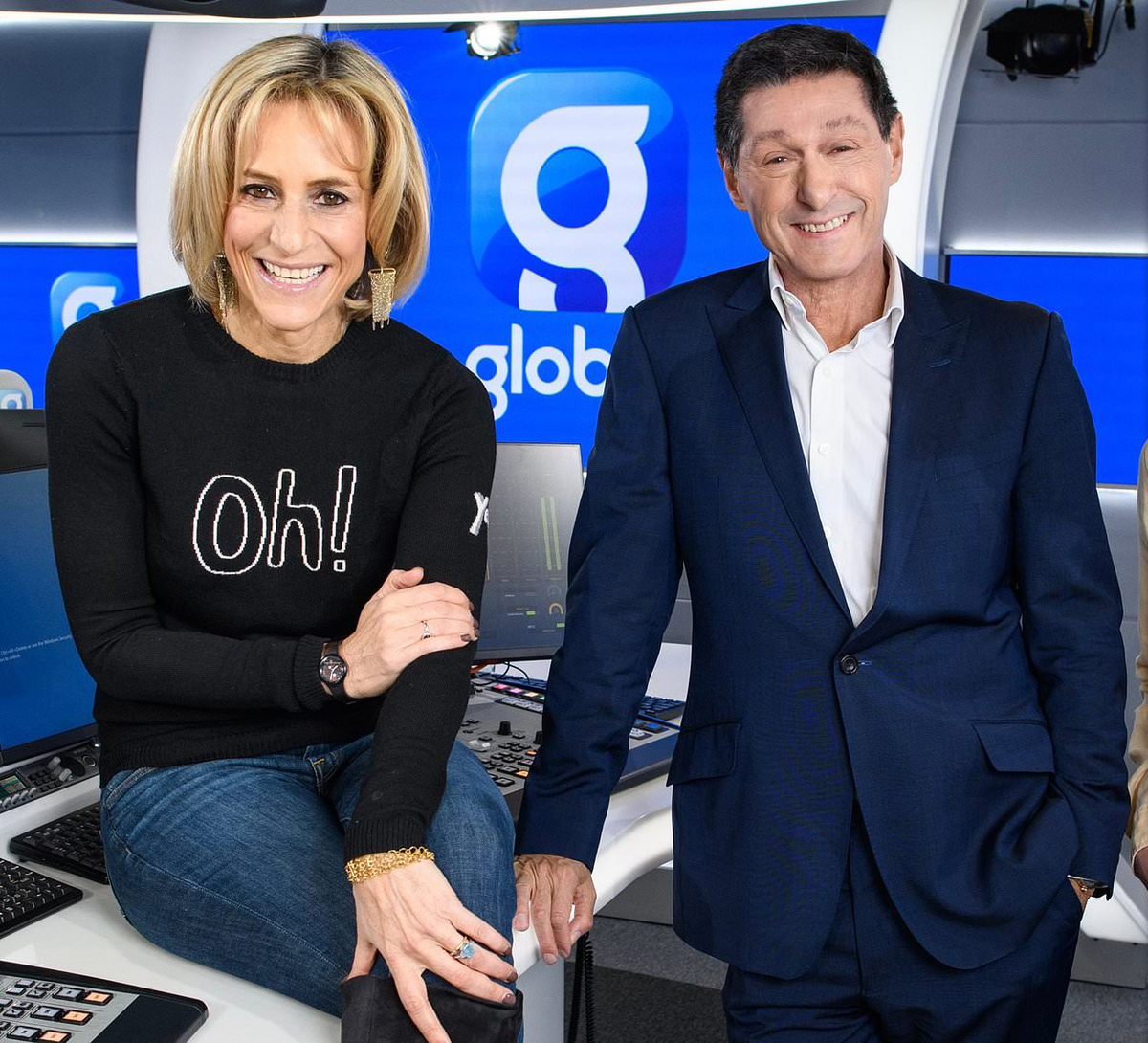
Matt Hill, co-founder of the British Podcast Awards and whose company, Rethink Audio, makes podcasts such as Fearne Cotton’s Happy Place and The Retrospectors, says: “The thing about podcasting generally is that it’s about new formats.
“Over the last 100 years or so, audio has been about radio – and radio replaces like for like. However, in podcasting, you’re reinventing the wheel: every time, you start from scratch.… So it’s a very exciting time for entrepreneurs to create new formats. A podcast can be [used as] a proof of audience.”
The sector took off in 2004, with the creation of a programme called iPodder, which enabled internet radio shows to be downloaded to Apple iPods.
Ricky Gervais was an early pioneer, turning his XFM show in 2005 into the world’s most downloaded podcast, The Ricky Gervais Show.
The modern megacast era began in 2014, with investigative true crime series Serial, hosted by Sarah Koenig.
But now that anyone can make a podcast, discoverability has become a big issue. According to the podcasting search engine Listen Notes, there are at least 2,814,865 podcasts in the world. Spotify alone claims to offer 2.9 million titles. Hiring proven talent, such as Maitlis and Sopel, helps publishers cut through the noise to listeners.
What talent gets from the deal is more freedom, creative control and, they hope, more money.
One of the most famous UK breakout podcasts is My Dad Wrote a Porno. Launched in 2015, it features Jamie Morton reading from his dad’s amateur pornographic novel and commenting on it with university friends Alice Levine and James Cooper. Downloaded more than 280 million times, it also stars celebrity fans such as Michael Sheen, Emma Thompson and George Ezra.
Former Radio 1 DJ Levine explains why podcasting appealed to the trio: “TV and radio didn’t offer us what we needed, which was complete creative control – we had a vision and we knew we could deliver it more successfully independently. We were our own production house of three.
“At the time, I worked at the BBC so we could have taken it down that route. In fact, the BBC did make us an offer later, but we just knew we would have to water it down and be more hands off.”
Levine – who now co-hosts Wondery’s British Scandal podcast – adds: “The initial appeal was a space to launch a great idea without huge start-up costs or traditional broadcast backing. [Podcasts] also offer an informality and intimacy that is unique. You really feel part of a club.”
Her co-host, writer and Spitting Image impressionist Matt Forde explains the appeal: “You can be so much more creative and make the thing you actually want to make, instead of adapting it for a commissioner. Obviously, you need standards, so editorial guidance is still important and helps improve a show. It’s not about being completely unleashed for the sake of it, because that can have downsides if you’re not careful.”
The rise of smartphones, connected cars and smart speakers has helped podcasting. And, as Wondery’s head of international, Declan Moore, says: “We are in an on-demand world where consumers have become accustomed to, and seek out, on-demand movies and TV shows, order on-demand food and take on-demand transportation in increasing numbers.” He is in no doubt that younger listeners consume the most podcasts, because they “have been able to feel close to their favourite personalities/creators through social-media follows and posts. They then have an opportunity to hear them directly in their ears as if they were eavesdropping on a conversation.”
However, Enders analyst Tom Standen-Jewell is concerned that UK platforms are putting too much effort into competing with each other and thus losing out to the big global companies, in much the same way that the demise of Project Kangaroo allowed Netflix to beat BBC iPlayer to worldwide streaming dominance.
'we “could be on the cusp of a golden age” of podcasting'
He warns: “I think it would be sensible if BBC Sounds were to be the home to all UK speech podcasts; that would present a viable competitor. What you have now, however, is a situation in which they’re all starting up their own platforms.
“I heard it described the other day as: they are all bricks, and individually they’re a bit useless – but if they could join together they could make a decent wall against Spotify and Amazon.”
In February, the BBC said its Sounds app delivered 364 million plays of all content across radio, podcasts and music mixes – its most popular quarter since it launched in 2018.
Radio 4 commissioning editor for digital and podcasts Rhian Roberts thinks we are nowhere near “peak podcast”: “I can’t imagine human beings running out of stories to tell. On BBC Sounds, we’re using audio to give listeners even more ways to enjoy their favourite BBC TV shows, such as Line of Duty, Killing Eve and Peaky Blinders through podcasts and soundtracks.”
She says presenters have told her that they “feel more themselves, presenting podcasts. I guess, when you join a radio station, that station has its own tone of voice, and you take that on board. You can’t help it, no matter how much encouragement you’re given to be yourself. With a podcast, if you’re the host, you really can create your own world on more or less your own terms. And there can be a more direct relationship with the audience, too.”
On hit BBC podcast Battersea Poltergeist, listeners contribute their own thoughts and theories, which creates a community, says host Danny Robins: “One of the nicest things subscribers tell me is that they feel like I’m their friend.”
He says podcasts “still have a cool cachet” and feel “very liberating, having spent a lot of my career having to fit a certain kind of format or mould… there’s the freedom to tell a story in whatever way you choose.”
Encouragingly, smaller companies are still making a mark in podcasting. The New Books Network (NBN) is a public education platform that claims close to 5 million downloads a month. Founder and historian Marshall Poe has grown the service by word of mouth, with the aim of it making it an “audio Wikipedia” and prefers to call it “narrowcasting”. He explains: “The world is made up of a zillion tiny ‘communities of interest.’ Prior to... podcasting... there was no way to economically provide relevant content for these smallish communities.”
Former BBC journalist Owen Bennett-Jones, who hosts The Future of… podcast on the platform, adds: “NBN is unusual in that its main motivation is public education [and] it gets loads of downloads, too.”
Standen-Jewell believes we “could be on the cusp of a golden age” of podcasting and that Maitlis and Sopel’s move to Global – along with their Americast producer Dino Sofos – shows they “can see the growth coming” in terms of advertising money and listenership.
“The key thing about the move for Global, Maitlis and Sopel is that I think they feel they can address an international audience with their podcast; podcasts can scale up on an international level because they are through [the internet] rather than broadcast, so I think they see big potential, especially in the US.”

